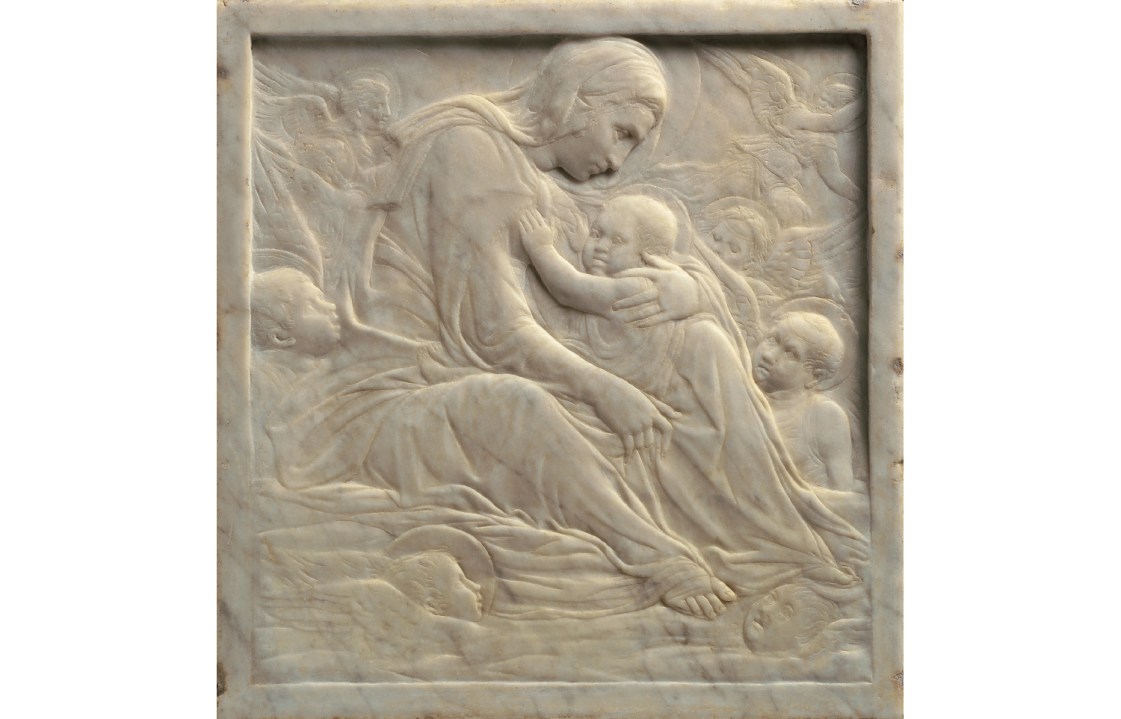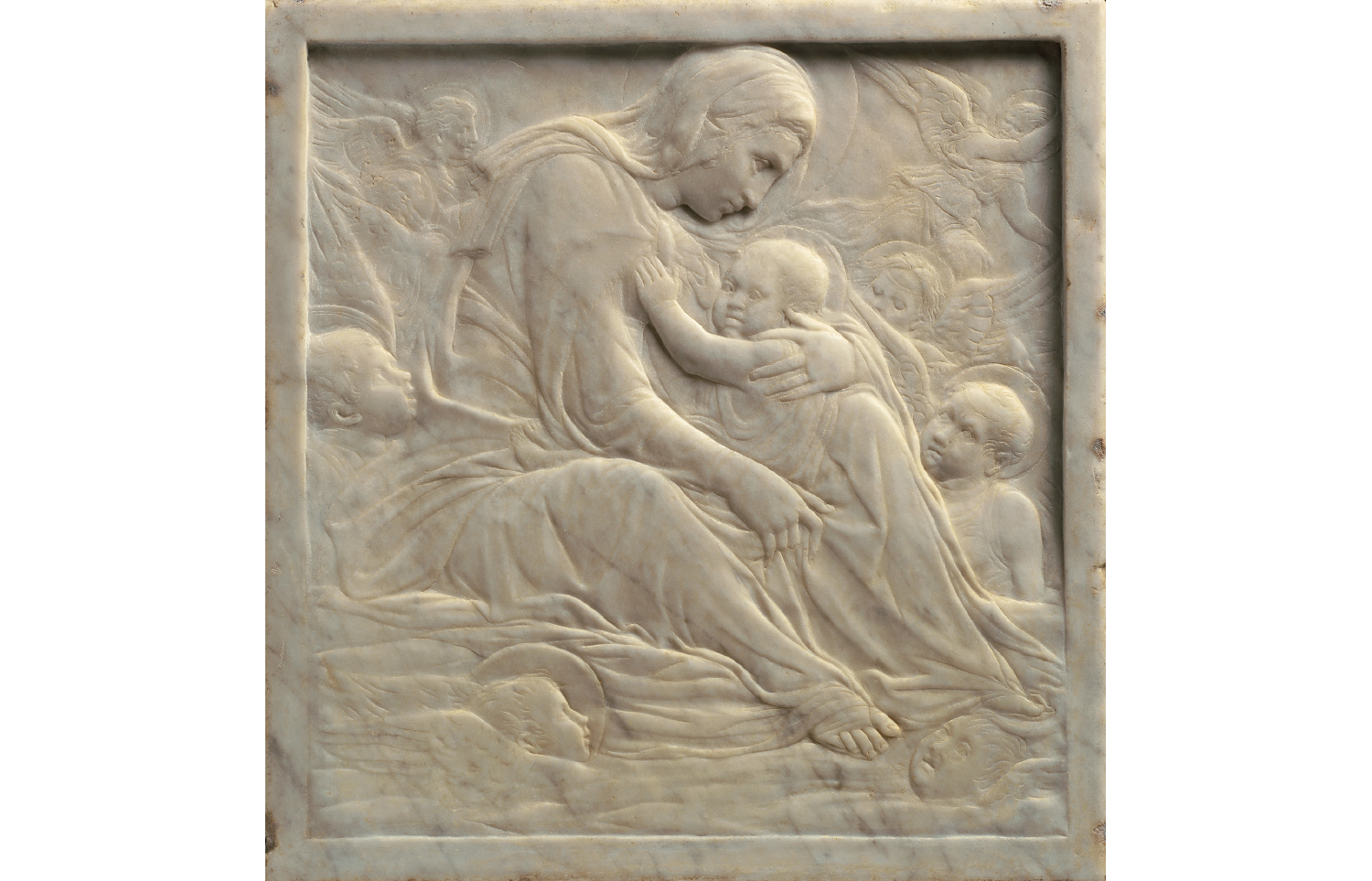‘Donatello is the real hero of Florentine sculpture’, so Antony Gormley has proclaimed (hugely though he admires Michelangelo). It’s hard to disagree. But the full range of his work is hard to see, spread out as it is on altars and tombs through Florence and elsewhere in Italy. This makes Donatello: Sculpting the Renaissance at the V&A an unmissable treat.
Donatello was versatile, prolific, inventive, influential and long-lived
Throughout much of the Quattrocento, Donato di Niccolo di Betto Bardi (c.1386-1466) – or ‘Donatello’ – turned out new notions about what art could look like and how it might be made. In origin he was, as the V&A show emphasises, a goldsmith. Donatello’s two older friends and colleagues, Filippo Brunelleschi and Lorenzo Ghiberti, also began in that profession.
It has often been said that sculpture was the dynamo of the Florentine Renaissance. That’s true – and it all began with a trio of ambitious metalworkers who turned to sculpture – and, in Brunelleschi’s case, architecture too. With the younger and short-lived painter Masaccio (1401-28), two marvellous pictures by whom are included in the exhibition, this trio of goldsmiths were the founders of the 15th-century Renaissance.
As an artist, Donatello was versatile, prolific, inventive, influential and long-lived (he was around 80 when he died). This gives the V&A exhibition an epic quality. It is littered with masterpieces by or partly by Donatello (he tended to work with a team). But it is also full of works by others, demonstrating how far his influence reached: the way, for example, the painter Fra Filippo Lippi took a Madonna by Donatello as a starting point for one of his own.
Giovanni Bellini, great painter though he was, owed a great deal of his ‘Dead Christ Supported by Angels’ (c.1465) – the composition, the feeling, the mood – to Donatello’s relief of the same subject from Padua.








Comments
Join the debate for just £1 a month
Be part of the conversation with other Spectator readers by getting your first three months for £3.
UNLOCK ACCESS Just £1 a monthAlready a subscriber? Log in